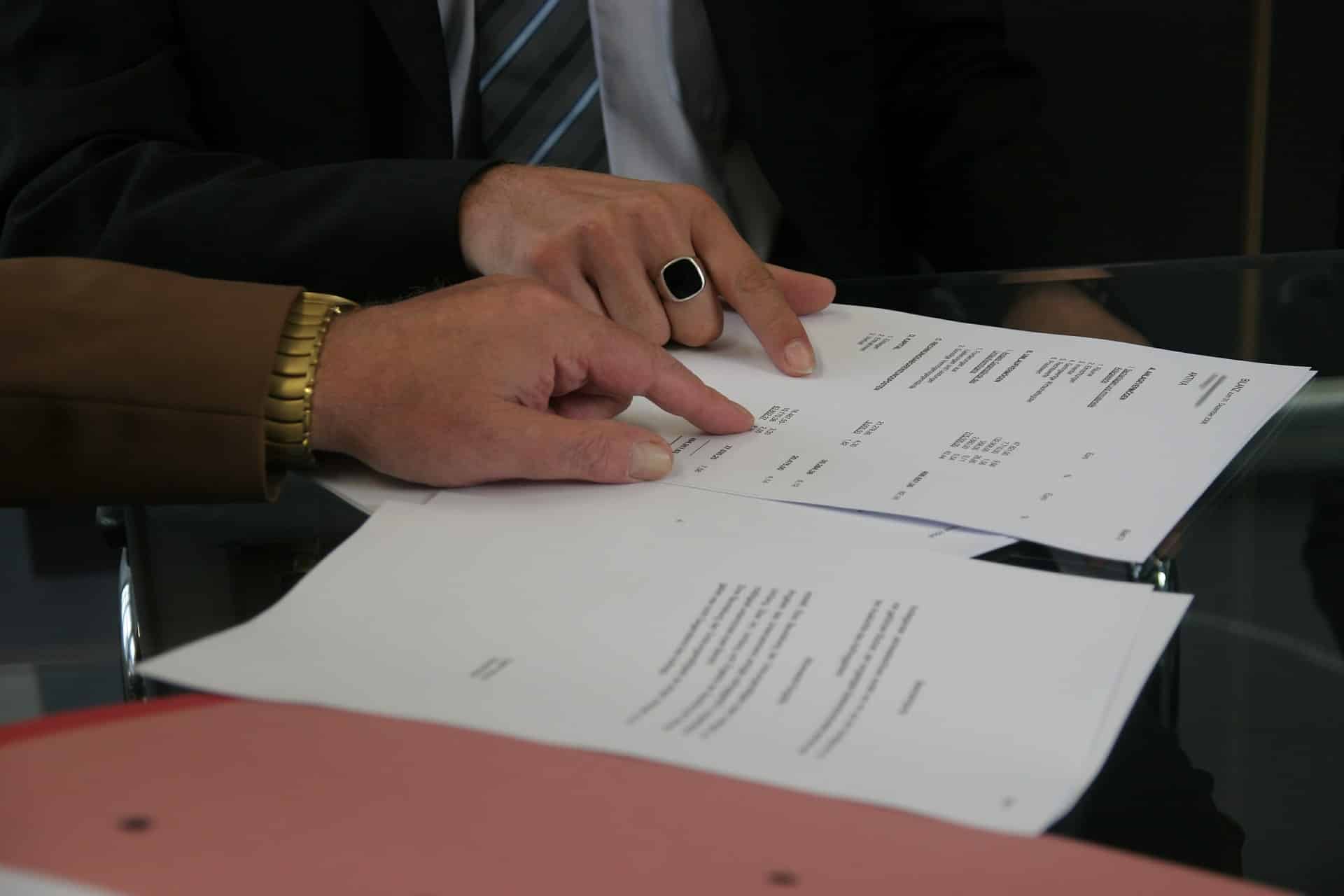– Updated on August 19, 2025
If you are in serious financial trouble because of compulsive gambling brought on by the anti-psychotic and anti-depressive drug Abilify, a lawsuit may be your best option for rebuilding your life. Numerous lawsuits have been filed nationwide on behalf of patients whose lives were devastated by compulsive gambling due to Abilify. The drug’s manufacturers, Bristol Myers Squibb and the Otsuka Pharmaceutical Company, allegedly did not warn physicians or patients about compulsive behavior resulting from taking Abilify.
Warnings in Other Countries
The European Medicines Agency required Abilify labels to contain warnings about the potential link to compulsive gambling back in 2012, but no such warning has been issued in the United States. In 2015, Canadian officials warned that Abilify could cause patients to suffer “impulse control problems,” including compulsive gambling and hypersexuality. Warnings in both Europe and Canada referred to development of “pathological gambling” in Abilify users. The European warning states:
“Post-marketing reports of pathological gambling have been reported among patients prescribed Abilify, regardless of whether these patients had a prior history of gambling. Patients with a prior history of pathological gambling may be at increased risk and should be monitored carefully.”
Wondering If You Can File an Abilify Lawsuit?
Recently Filed Cases
In January, 2016, a Minnesota couple filed suit against Bristol Myers Squibb, alleging that they suffered personal injuries because of the manufacturer’s “wrongful conduct in connection with the development, design, testing, labeling, packaging, promoting, advertising, marketing, distribution, and selling of defendants’ prescription drug Abilify.” The lawsuit states that the plaintiffs developed compulsive gambling habits after taking the medication, resulting in “substantial financial, mental and physical damages.” Shortly after the Minnesota couple began taking Abilify in September, 2014, the woman developed a compulsive gambling habit, with losses totaling more than $75,000. Once she stopped taking the drug in February, 2015, her compulsive gambling ceased – but the financial damage was done.
In a suit filed in New Jersey in January, 2016, a man claims he began gambling compulsively shortly after starting the drug in December 2010, losing in excess of $75,000 before he stopped taking the drug three years later. At that time, he claims, his compulsive gambling stopped. Abilify works by affecting patients’ dopamine levels, a neurotransmitter that can result in addictive behavior when levels are excessive. The plaintiff’s suit alleges that scientific literature has known about the connection between dopamine and excessive gambling for many years. The lawsuit states that “an FDA report showed that Abilify accounted for at least 54 reports of compulsive or impulsive behavior problems, including 30 reports of compulsive gambling, 12 reports of impulsive behavior, nine reports of hypersexuality, and three reports of compulsive shopping,” between the years 2005 and 2013.
Getting Your Life Back
If your world has been turned upside down by compulsive gambling resulting from Abilify, a lawsuit is one way of getting some of your economic life back. Time is of the essence when filing an Abilify lawsuit. Under law, there are time limits on how long you have to file a lawsuit and pursue a claim.
The Goldwater Law Firm – National Drug Injury Attorneys
Our attorneys have extensive experience with pharmaceutical litigation. If you’ve been injured, you may be entitled to compensation for medical expenses, pain and suffering, and more. Contact the Goldwater Law Firm for a free consultation about your case.

The Goldwater Law Firm is on mission to help as many people as possible with the fierce, compassionate legal aid only The Gold Standard of Injury Law can offer. If you suffered serious side effects or were diagnosed with an illness because of a defective drug or product, or if you were injured in an accident that wasn’t your fault, Attorney Bob Goldwater and the Goldwater Law Firm is ready to serve as your compassionate partner in the fight to seek the compensation and justice you deserve.
Share this post:






